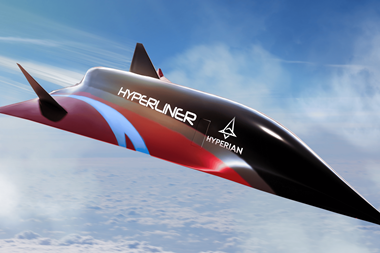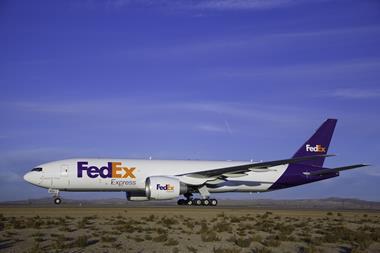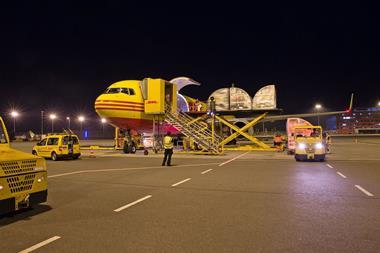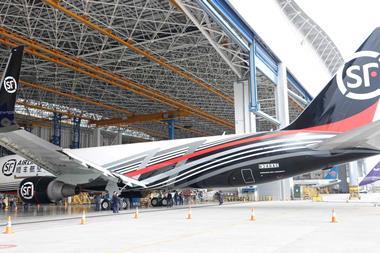UPS Flight Forward has received the US government’s first full Part 135 Standard certification to operate a drone airline.
UPS Flight Forward’s certificate permits the company to fly an unlimited number of drones with an unlimited number of remote operators in command.
The FAA’s Part 135 Standard certification has no limits on the size or scope of operations.
Part 135 Standard also permits the drone and cargo to exceed 55 pounds and fly at night, previous restrictions governing earlier UPS flights.
Following approval, the UPS subsidiary immediately launched the first drone delivery flight by any company under Part 135 Standard at WakeMed’s hospital campus in Raleigh, NC.
That flight, using a Matternet M2 quadcopter, was flown under a government exemption allowing for a “beyond visual line of sight” (BVLOS) operation, also a first in the US for a regular revenue-generating delivery.
The company will initially expand its drone delivery service to support hospital campuses around the country, and to provide solutions for customers beyond those in the healthcare industry.
UPS Flight Forward plans in the future to transport a variety of items for customers in many industries, and regularly fly drones beyond the operators’ visual line of sight.
Earlier this year, UPS partnered with drone-maker Matternet to launch its healthcare delivery service on the WakeMed campus.
"This is history in the making, and we aren’t done yet,” said David Abney, UPS chief executive. “Our technology is opening doors for UPS and solving problems in unique ways for our customers. We will soon announce other steps to build out our infrastructure, expand services for healthcare customers and put drones to new uses in the future.
“UPS Flight Forward is benefitting from our knowledge as one of the world’s leading airlines. The Flight Forward organisation is building a full-scale drone operation based on the rigorous reliability, safety, and control requirements of the FAA,” Abney said.
US secretary of transportation Elaine Chao added: “This is a big step forward in safely integrating unmanned aircraft systems into our airspace, expanding access to healthcare in North Carolina and building on the success of the national UAS Integration Pilot Program to maintain American leadership in unmanned aviation."















